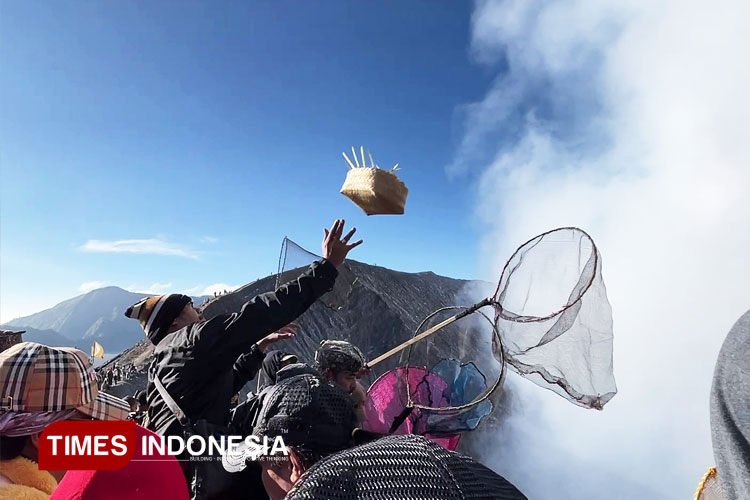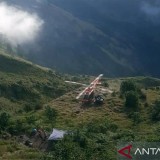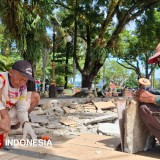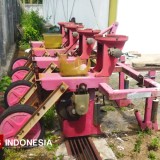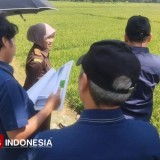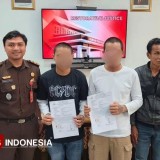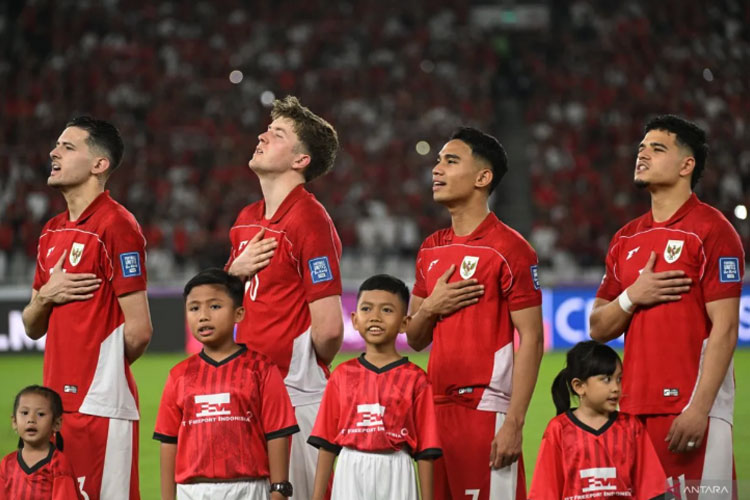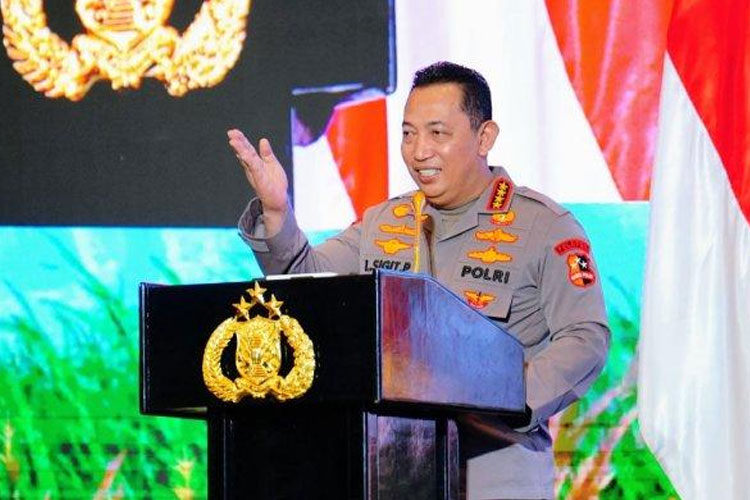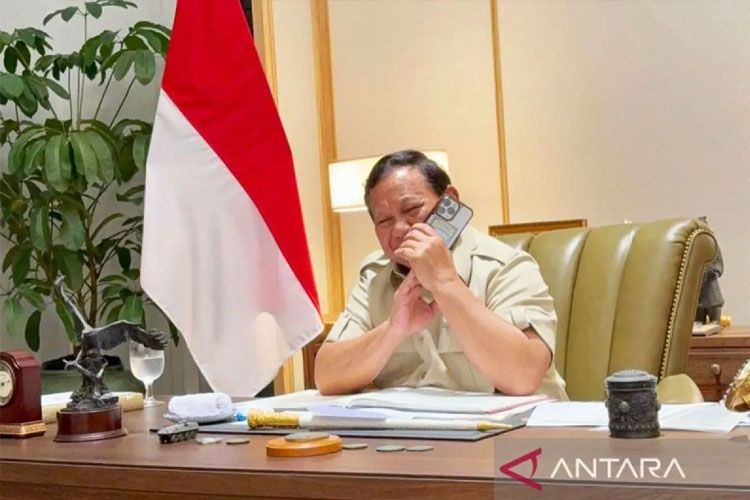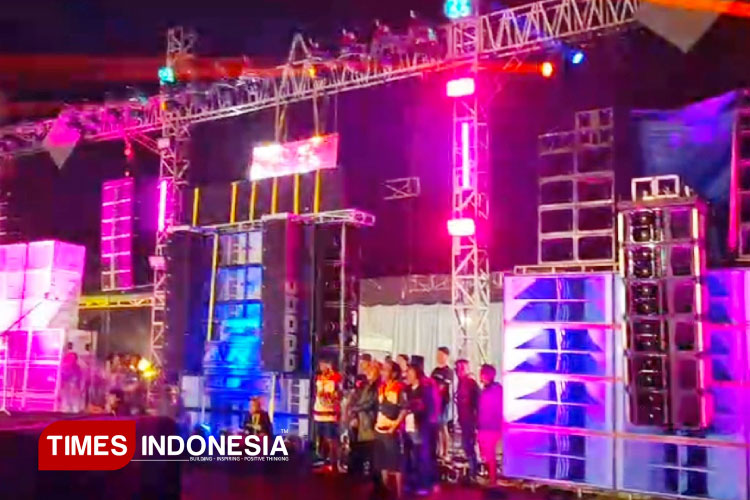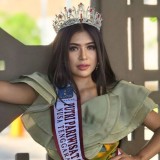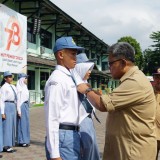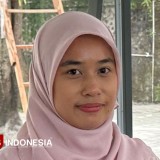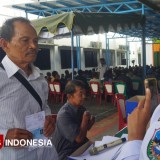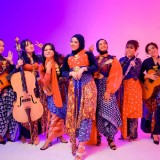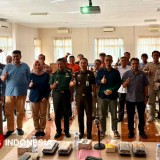TIMES AUSTRALIA, MALANG – In the heart of East Java, the Tenggerese people have preserved a sacred rhythm that continues to shape their identity: Yadnya Kasada. Far more than a religious celebration, this centuries-old ritual pulses at the center of their belief system, uniting faith, tradition, and the balance of life.
Spread across the regencies of Probolinggo, Pasuruan, Lumajang, and Malang, the Tenggerese (numbering around 90,000) practice a unique strand of Hinduism rooted in Majapahit-era values.
To them, Kasada is not just an annual event; it's a reminder of who they are and how they live in harmony with nature, spirits, and each other.
At the Volcano’s Edge: A Sacred Offering
The ceremony peaks at Pura Luhur Poten, a modest temple standing alone in the Sea of Sand at the foot of Mount Bromo.
For two weeks, preparations unfold. It star from the initiation of spiritual leaders and water purification rites to the sacred night of the 14th of Kasada month, when villagers hike up the mountain with offerings in hand.
These offerings like baskets of vegetables, fruits, livestock, and even money are thrown into the volcano’s crater. For many, it’s not just an act of giving but a sacred conversation with unseen forces. Some whisper prayers for healing.
Others call out names of lost family members, hoping their spirits will be honored and remembered. The crater is seen as more than a geological formation. It is a spiritual gate, where ancestors and deities are believed to dwell. To give is to connect. To sacrifice is to sustain.
More Than Ritual: A Living Philosophy
Photo 2: The local commmunity of Tengger threw their offering affer being spelled by the shaman. (Photo: Dikky Arsena/TIMES Indonesia)
Each item thrown into the crater carries symbolic meaning. Flowers represent beauty and purity. Bananas signal abundance. Chickens and goats stand for courage and devotion. Gold coins express the readiness to detach from material wealth.
Interestingly, a parallel tradition has emerged. Outsiders, often from neighboring villages, wait below in hopes of catching whatever offerings fall their way.
To them, these items are not only valuable but sacred imbued with the blessing of the ceremony. In this blend of devotion and improvisation, Kasada becomes a stage for both official and unofficial rites of meaning.
“We don't just follow a ritual,” explains Mbah Rono, an elder from Ngadisari Village. “We live it. Every offering, every step, has its place in the bigger story of our people.”
Guardians of Harmony in a Changing World
While digital life encroaches on even the most remote villages, the Tenggerese have held fast to their core values. They practice communal work, protect sacred forests and water sources, and reject intermarriage that could blur their cultural lines.
Their version of Hinduism, distinct from that of Bali, emphasizes cosmic balance and karmic justice in everyday life. Children grow up not just learning prayers, but being shaped by a worldview that prioritizes respect for the earth, reverence for ancestors, and discipline in self-conduct.
The legend of Roro Anteng and Joko Seger founders of the Tenggerese lineage is retold from generation to generation, reinforcing a sense of rootedness and pride.
As the final offerings disappear into the steaming crater of Bromo, and the sky glows with firelight and ancient chants, Yadnya Kasada stands as a living testimony: not just a celebration of the past, but a compass for the future. (*)
Artikel ini sebelumnya sudah tayang di TIMES Indonesia dengan judul: Yadnya Kasada Bromo: Where Ritual Becomes a Way of Life
| Writer | : Khodijah Siti |
| Editor | : Khodijah Siti |
